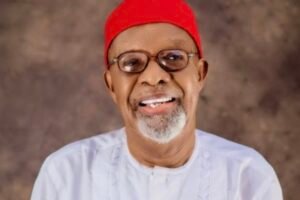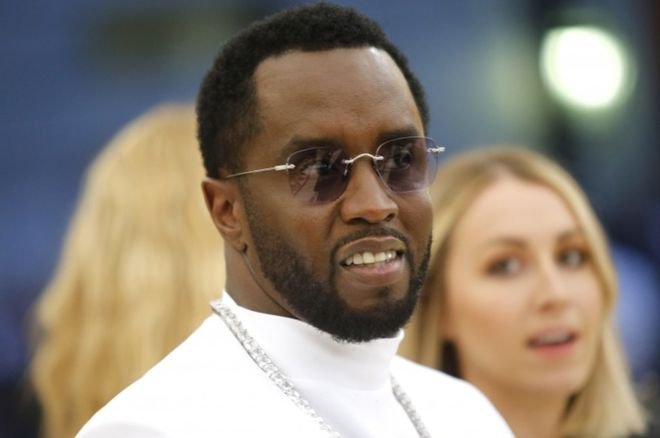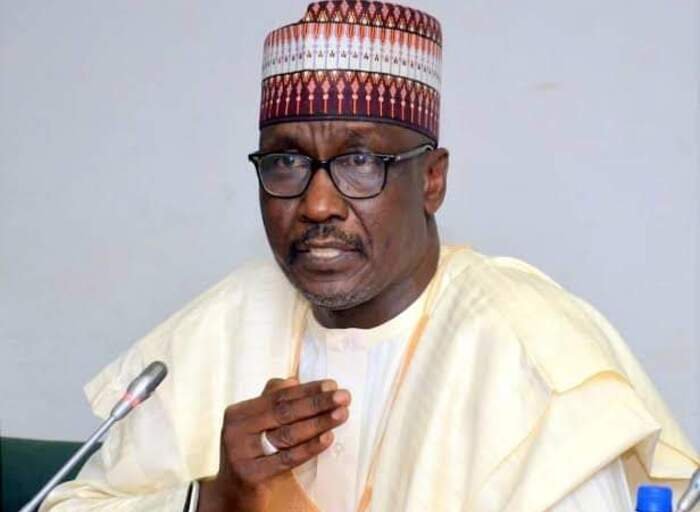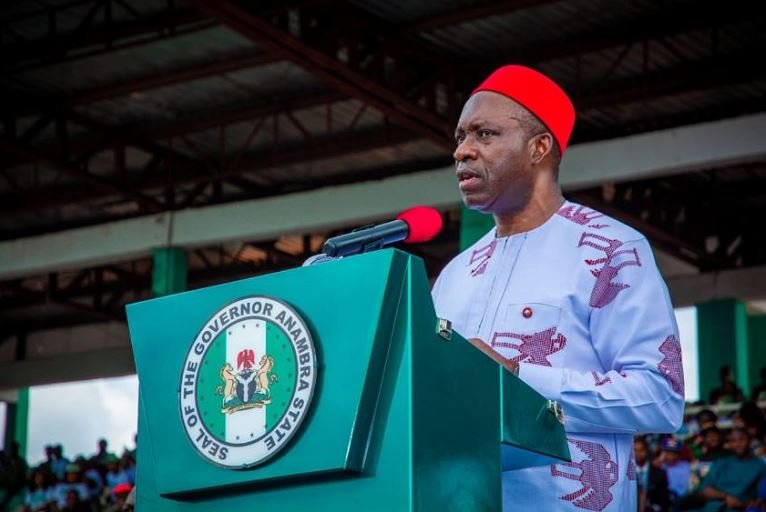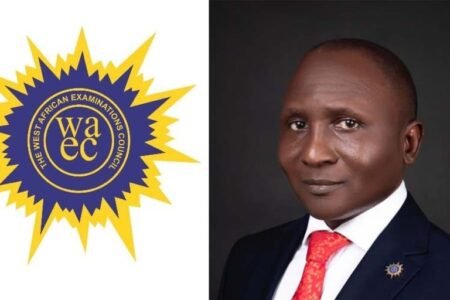Sean “Diddy” Combs’s lawyer, Marc Agnifilo, told jurors during closing arguments on Friday that the federal racketeering and sex trafficking case against the music mogul is driven by money, not justice.
Describing Combs as a “self-made, successful Black entrepreneur,” Agnifilo rejected the prosecution’s portrayal of his client as a violent predator. Instead, he claimed the relationships between Diddy and his accusers were “complicated” but ultimately “love stories,” not the result of “a climate of fear.”
“This isn’t about justice. This isn’t about a crime. This is about money,” Agnifilo told the court.
On Thursday, U.S. Attorney Christy Slavik had laid out the government’s case, citing thousands of pieces of evidence including phone, financial, travel, and audiovisual records over a nearly seven-week trial.
“Up until today, the defendant was able to get away with these crimes because of his money, his power, his influence. That stops now,” Slavik stated. She argued that ‘Diddy’ Combs had long “counted on silence and shame to keep his crimes hidden.”
Prosecutors allege that Sean ‘Diddy’ Combs, 55, led a criminal organization with “loyal lieutenants” and “foot soldiers” who enabled his actions. Though none of these individuals, including his chief-of-staff and security guards, testified during the trial, they were said to have been aware of his conduct.
At the core of the prosecution’s case are accusations of coercion, including forcing women into drug-fueled sex with paid escorts under threat of reputational, physical, or financial harm.
The defense, however, maintained that the women involved — including singer Casandra “Cassie” Ventura and another woman using the pseudonym “Jane” — were in consenting, long-term relationships with ‘Diddy’ Combs.
“Cassie is nobody’s fool,” Agnifilo said. “She’s sitting somewhere in the world with $30 million if you had to pick a winner in this whole thing, it would be Cassie.”
“She was always free to leave. She chose to stay because she was in love with him and he was in love with her,” he added.
Referring to Ventura as “beautiful” and “sexy,” he continued, “She’s a woman who actually likes sex. Good for her.”
He dismissed her claims of coercion, saying, “This was a lifestyle. You want to call it swingers. You want to call it threesomes… that’s all it is.”
The defense acknowledged a video showing Combs beating Ventura in a hotel hallway, calling it “terrible” and “very much domestic violence,” but argued, “The video is not sex trafficking.”
Prosecutor Slavik responded by pointing to expert testimony from a forensic psychologist who explained how abuse victims can be trapped in emotionally manipulative relationships.
“Imagine the terror of never knowing when the next hit might come,” Slavik told the jury. “Now imagine trying to say no to that person.”
Government witnesses included former assistants, escorts, friends and family members of Ventura, and a hotel security guard who testified that he was bribed with $100,000 in a paper bag.
The defense did not call any witnesses — including Combs — a move not unusual in criminal trials.
With closing arguments concluded, U.S. District Judge Arun Subramanian is expected to instruct jurors on how to apply the law to the evidence before beginning deliberations.


